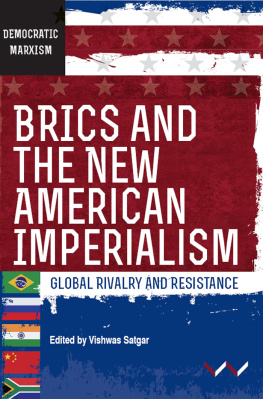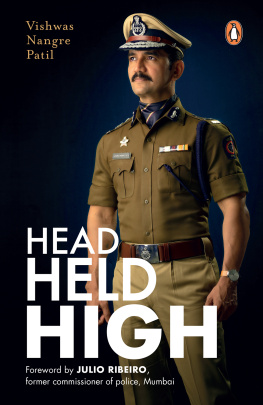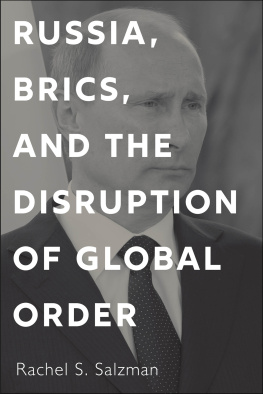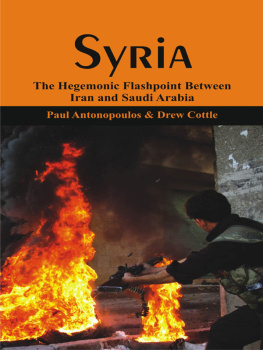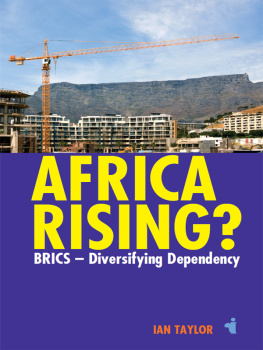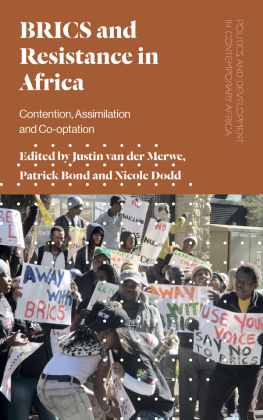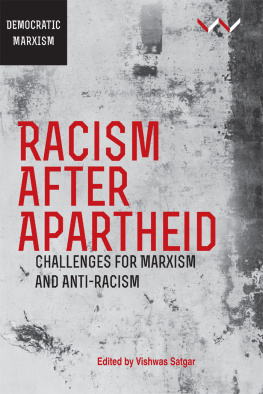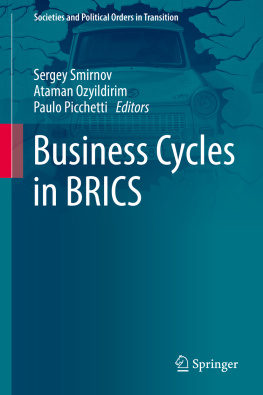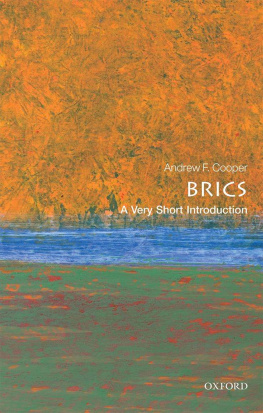DEMOCRATIC MARXISM SERIES
Series Editor: Vishwas Satgar
The crisis of Marxism in the late twentieth century was the crisis of orthodox and vanguardist Marxism associated mainly with hierarchical communist parties, and imposed, even as state ideology, as the correct Marxism. The Stalinisation of the Soviet Union and its eventual collapse exposed the inherent weaknesses and authoritarian mould of vanguardist Marxism. More fundamentally, vanguardist Marxism was rendered obsolete but for its residual existence in a few parts of the world, including within authoritarian national liberation movements in Africa and in China.
With the deepening crises of capitalism, a new democratic Marxism (or democratic historical materialism) is coming to the fore. Such a democratic Marxism is characterised by the following:
- Its sources span non-vanguardist grassroots movements, unions, political fronts, mass parties, radical intellectuals, transnational activist networks and parts of the progressive academy;
- It seeks to ensure that the inherent categories of Marxism are theorised within constantly changing historical conditions to find meaning;
- Marxism is understood as a body of social thought that is unfinished and hence challenged by the need to explain the dynamics of a globalising capitalism and the futures of social change;
- It is open to other forms of anti-capitalist thought and practice, including currents within radical ecology, feminism, emancipatory utopianism and indigenous thought;
- It does not seek to be a monolithic and singular school of thought but engenders contending perspectives;
- Democracy, as part of the heritage of peoples struggles, is understood as the basis for articulating alternatives to capitalism and as the primary means for constituting a transformative subject of historical change.
This series seeks to elaborate the social theorising and politics of democratic Marxism.
Published in the series and available:
Michelle Williams and Vishwas Satgar (eds). 2013. Marxisms in the 21st Century: Crisis, Critique and Struggle. Johannesburg: Wits University Press.
Vishwas Satgar (ed.). 2015. Capitalisms Crises: Class Struggles in South Africa and the World. Johannesburg: Wits University Press.
Vishwas Satgar (ed.). 2018. The Climate Crisis: South African and Global Democratic Eco-Socialist Alternatives. Johannesburg: Wits University Press.
Vishwas Satgar (ed.). 2019. Racism after Apartheid: Challenges for Marxism and Anti-Racism. Johannesburg: Wits University Press.
BRICS AND
THE NEW
AMERICAN
IMPERIALISM
GLOBAL RIVALRY AND RESISTANCE
Edited by Vishwas Satgar
Published in South Africa by:
Wits University Press
1 Jan Smuts Avenue
Johannesburg 2001
www.witspress.co.za
Compilation Vishwas Satgar 2020
Chapters Individual contributors 2020
Published edition Wits University Press 2020
First published 2020
http://dx.doi.org.10.18772/22020035287
978-1-77614-528-7 (Print)
978-1-77614-566-9 (Hardback)
978-1-77614-563-8 (PDF)
978-1-77614-564-5 (EPUB)
978-1-77614-565-2 (Mobi)
978-1-77614-576-8 (Open Access PDF)
All rights reserved. No part of this publication may be reproduced, stored in a retrieval system, or transmitted in any form or by any means, electronic, mechanical, photocopying, recording or otherwise, without the written permission of the publisher, except in accordance with the provisions of the Copyright Act, Act 98 of 1978.
This book is freely available through the OAPEN library (www.oapen.org) under a Creative Commons CC-BY-NC-ND 4.0 Creative Commons License. (https://creativecommons.org/licenses/by-nc-nd/4.0/).
The publication of this volume was made possible by funding from the Rosa Luxemburg Stiftung and through a grant received from the National Institute for the Humanities and Social Sciences.
Project manager: Inga Norenius
Copyeditor: Inga Norenius
Proofreader: Tessa Botha
Indexer: Margaret Ramsay
Cover design: Hothouse, South Africa
Typesetter: MPS
Typeset in 10 point Minion Pro
CONTENTS
Vishwas Satgar
William K. Carroll
Ferrial Adam
Patrick Bond
Ana Garcia and Karina Kato
Chris Chase-Dunn
Samir Amin
Keamogetswe Seipato
Alexander Gallas
Nivedita Majumdar
TABLES AND FIGURES
Table 2.1 Historical eras of imperialism
Table 2.2 Composition of the Top 50 fossil corporations, 2018
Table 2.3 The most central fossil corporations in the global interlock network
Table 4.1 Changes in the IMF top ten owner-countries voting shares, 20102019
Figure 1.1 US cycles of hegemony and crisis
Figure 2.1 Twelve minor components in the network
Figure 2.2 Three communities in the fossil-capital network
Figure 2.3 Interlocks among eight major fossils and 23 financial institutions, 2018
Figure 3.1 The increasing water conflicts at a subnational level, 19312011
Figure 4.1 Steel overaccumulation driven by China
Figure 4.2 Producer price index for iron and steel, 20022019
Figure 4.3 Profit flows, 20152017 (average dividend receipts as a per cent of dividend payments)
Figure 5.1 Vales business units in Mozambique
Figure 5.2 World Banks spatial development initiatives and growth poles
ACKNOWLEDGEMENTS
T his volume owes a special debt to the Rosa Luxemburg Foundation. Without their support it would have been impossible to hold a contributors workshop in South Africa and to ensure the manuscript was prepared for publication. The use of the conferencing space at their office provided a conducive space for engagement during the contributors workshop. We are also grateful for the support given by the Co-operative and Policy Centre (COPAC), which played a central role in organising the workshop convened with contributors and activists from various social movements and community organisations. The support given by the National Institute for the Humanities and Social Sciences has enabled the digitisation of this volume. Moreover, it is important to acknowledge the editorial assistance provided by Jane Cherry from COPAC. Her efforts were crucial for keeping things on track. The efforts of Courtney Morgan and Aaisha Domingo, working with Jane Cherry, are also appreciated. Special thanks to Professor Michelle Williams for her supportive feedback during this project. Finally, our sincerest appreciation to the team at Wits University Press, particularly Veronica Klipp, Roshan Cader and Corina van der Spoel, for supporting this volume and the Democratic Marxism series.
ACRONYMS AND ABBREVIATIONS
| ACFI | Agreement on Cooperation and Facilitation of Investment |
| AfDB | African Development Bank |
| ANC | African National Congress |
| BNDES | Banco Nacional de Desenvolvimento Economico e Social (Brazilian Economic and Social Development Bank) |

